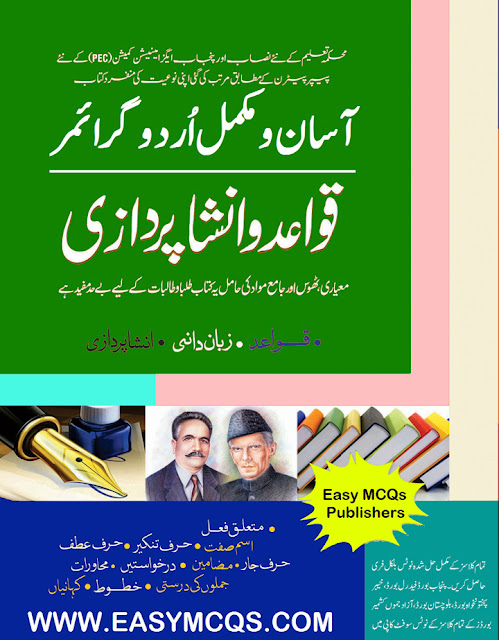


We build on this previous work by additionally investigating (1) whether there is a relationship between amount of classroom experience studying L2 Arabic and reliance on Arabic cues when learning 元 Latin, and (2) whether accuracy in 元 Latin is correlated with explicit knowledge of Latin cues and whether learners with more L2 Arabic experience are more likely to develop such explicit knowledge. Like Sanz, Park, and Lado (2015), we employ Bates and MacWhinney’s (1989) Competition Model (CM), a functional-typological framework that allows for the examination of learners’ usage of language-specific cues in sentence processing. We examine a unique L2-元 language pairing, Arabic and Latin respectively, among native speakers of English. This study investigates the roles of cross-linguistic influence (CLI) and explicit knowledge in explaining the posited advantage of previous language experience in 元 learning, as well as the potential role of amount of L2 exposure in modulating these relationships.


 0 kommentar(er)
0 kommentar(er)
